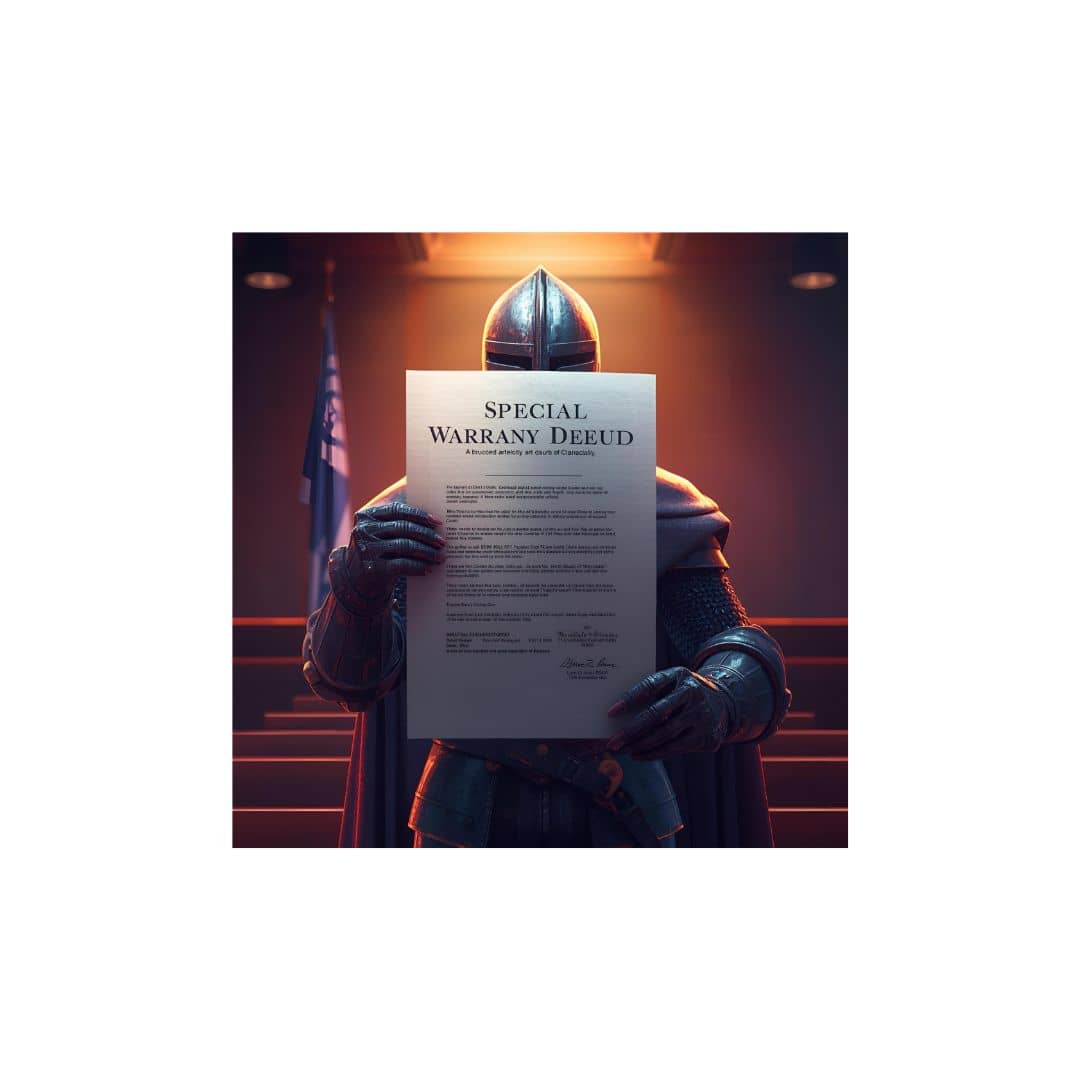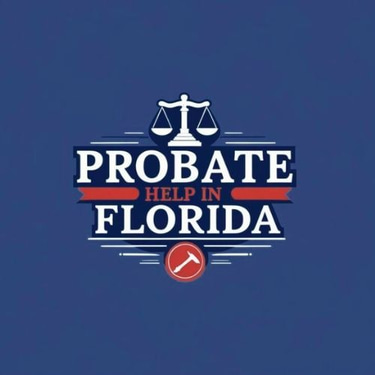
Special Warranty Deed
$3.33
In Florida, a special warranty deed transfers real property with a limited warranty from the seller (grantor) to the buyer (grantee), unlike a general warranty deed, which guarantees a clear title for the property's entire history, a special warranty deed only protects against title defects that arose during the seller's specific period of ownership.
The seller, with a special warranty deed, makes these promises to the buyer:
Covenant of seisin: The seller is the lawful owner of the property and has the right to convey it.
Covenant against encumbrances: The property is free of undisclosed liens and claims—but only those that originated during the seller's ownership.
Covenant of quiet enjoyment: The buyer's possession of the property will not be disturbed by any third party with a claim from the seller's period of ownership.
When a special warranty deed is used
Because the warranty it provides is more limited, a special warranty deed is typically used in specific situations where the seller does not want to assume liability for the property's full history.
Common uses include:
Commercial real estate transactions: These properties often have a complex history and change hands frequently. A commercial seller, which may have only owned the property for a short time, will use a special warranty deed to limit its liability to its own period of ownership.
Foreclosed and bank-owned properties: When a bank sells a foreclosed property (often called an REO or "real-estate-owned" property), it will use a special warranty deed. The bank wants to guarantee the title only for the short time it owned the property, not for the actions of the previous delinquent owner.
Estate sales: An executor selling a property from an estate may use a special warranty deed to limit their liability. They may have limited knowledge of the property's history, so they can only guarantee a clear title for the period they managed the estate.
Intra-family transfers: While not typical, a special warranty deed may be used in family transactions if the transferor wants to offer some protection but not a full warranty. However, a quitclaim deed is more common for this purpose.
What buyers should consider
A buyer receiving a special warranty deed should be aware of its limitations and take extra precautions to protect their investment. While the deed provides some security, the buyer assumes all risk for title issues that predate the seller's ownership. For this reason, it is always recommended to purchase title insurance, which will protect against financial losses from undiscovered liens or claims from the property's past.
Benefits of a special warranty deed
Warrants against the seller's actions. A special warranty deed legally assures the buyer that the seller did not create any title defects, such as undisclosed liens, during their time of ownership. The buyer can pursue legal action against the seller for financial remedies if a title issue from this period arises.
Moderate risk for the buyer. While it does not protect against title issues from before the seller's ownership, the special warranty deed shifts the risk of the seller's specific actions away from the buyer. This is valuable in commercial and foreclosure sales where the buyer may not be familiar with the seller's background.
Increases marketability and finance options. Lenders and financing institutions prefer properties transferred via extraordinary warranty deeds rather than quitclaim deeds because of the additional assurances offered. This makes the property easier to finance and sell in the future.
May offer lower title insurance premiums. Some title companies may offer reduced premiums for a property transferred via a special warranty deed, as the seller’s limited warranty provides an additional layer of protection.
Drawbacks of a quitclaim deed
No legal recourse against the seller. A quitclaim deed simply transfers whatever ownership interest, if any, the seller has in the property. It offers zero guarantees and no legal recourse for the buyer against the seller if a title problem emerges.
Highest risk for the buyer. The buyer receives the property "as is," including any outstanding liens, undiscovered ownership claims, or other title defects. The entire burden and cost of resolving such issues falls on the buyer.
Often not accepted by lenders. Mortgage lenders almost always require a special or general warranty deed to finance a property sale. A quitclaim deed is generally insufficient for a standard real estate purchase.
Title insurance is often more challenging to secure. While it's possible to get a title insurance policy for a property transferred via a quitclaim deed, it's usually more difficult and more expensive.
Disclaimer: I am not an attorney and do not offer legal advice or legal representation. I provide non-lawyer document preparation services using public court forms, based solely on the information you gave me. If your case is contested, involves legal questions, or includes significant real estate, I will refer you to a licensed probate attorney.
Contacts
(727) 386-6040
support@pamprobatehelp.online
